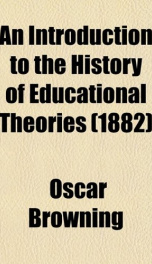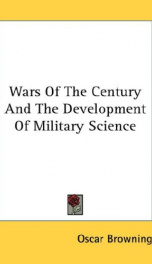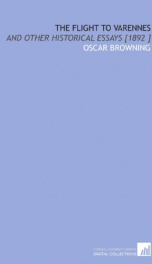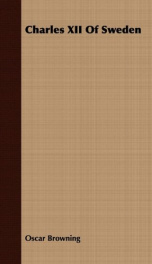an introduction to the history of educational theories

Purchase of this book includes free trial access to www.million-books.com where you can read more than a million books for free. This is an OCR edition with typos. Excerpt from book: CHAPTER III. HUMANISTIC EDUCATION. We have described the two principal educational systems of the Pagan world. Whatever effects the introduction of Christianity wrought, it was only to be expected that it should bring about a great change in the character of education. It recognized no difference between slave and free, it gave women an honorable position by the side of men, it considered the individual not as existing only for the benefit of the State, but laid stress on the personal relations between God and each of His creatures. It did not regard education as mainly of political importance, but estimated it by its bearing on the development of the spiritual life. It was natural that the Christian education should take at first an ecclesiastical character. The first pressing need was to provide ministrants of all grades for the service of the Church, and it was only as a favor that laymen were gradually allowed to partake of this instruction. But even in the age of the Fathers 'we find that the curriculum was not confined within these narrow limits. The Greeks were more liberal in their views than the Latins. The great Origen at Alexandria added philosophy, geometry, grammar, and rhetoric to the ecclesiastical course, and read with his pupils the Greek philosophers and poets. He used the method of dialectic, and taught his pupils by questions and answers, and encouraged them to pursue inquiry on their own account. But the crown and completion of the edifice layin the interpretation of Holy Scripture, and in the explanation of the subtlest truths of Christianity. This interpretation was no mere analysis of the dead letter, but an attempt to penetrate into the living spirit. On the other hand, the Latin fathers Tertullian, Cyprian, Jerome, and Augustine would have nothing t...
Users who have this book
Users who want this book
What readers are saying
What do you think? Write your own comment on this book!
write a commentif you like an introduction to the history of educational theories try:
Other books by this author
Do you want to read a book that interests you? It’s EASY!
Create an account and send a request for reading to other users on the Webpage of the book!







